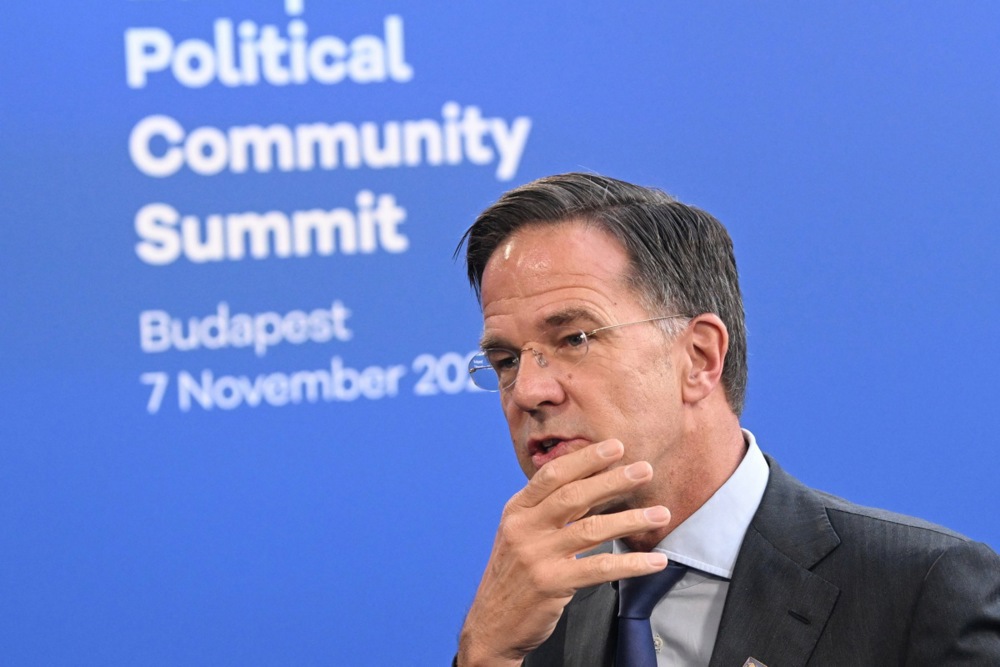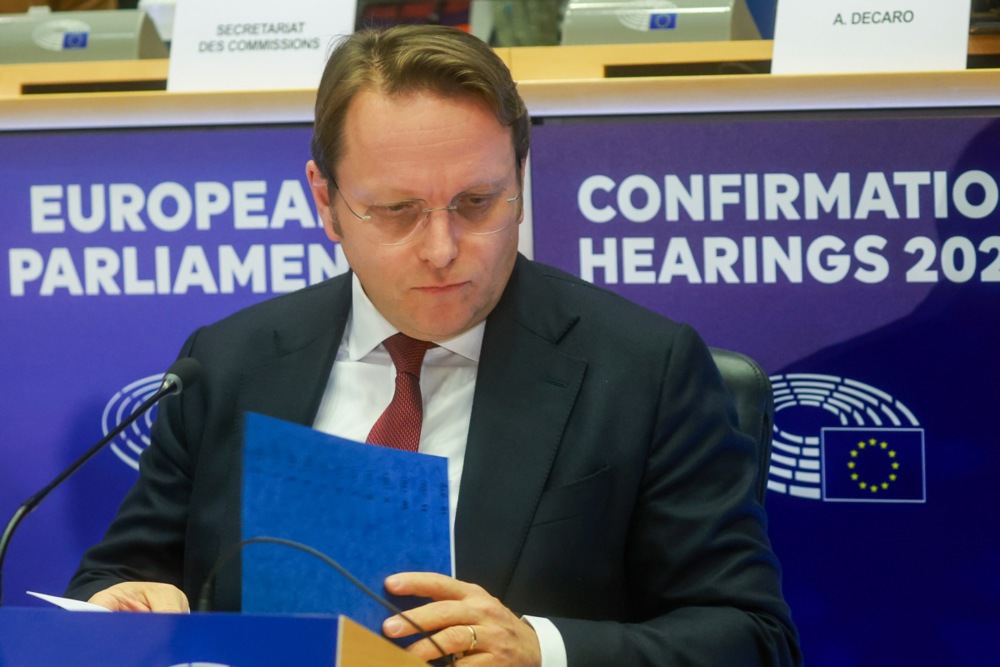Tobacco is set to become a hot-button issue in the next legislature. The European Commission has signaled it wants to pick up the fight against smoking and everything remotely related to it.
Brussels appears to opt for a teetotal approach, similar to its increasing hostility towards alcohol, not only banning smoking but all tobacco-based products, including even those used by people who want to smoke less or avoid the worst aspects of smoking.
According to the information from the update of the so-called Tobacco Products Directive (TPD) that has reached the general public, the European Union is set to impose severe restrictions against traditional cigarettes and novel products such as e-cigarettes and heated tobacco.
With this, the EU follows the World Health Organization (WHO) which reasons that “less harmful” means “still harmful” and warns against the long-term health effects of those products.
These debates will fall under the Hungarian Commissioner Designate for health, Olivér Várhelyi, who told MEPs in his first hearings round he wants a revision of tobacco products rules.
“Tobacco is one of the biggest risks for human health and we have to treat it like that”, Várhelyi said in his written response to a question.
However, the reality might be more nuanced. A wide range of products such as e-cigarettes, nicotine pouches, and heated tobacco products have recently appeared on the global market.
These tobacco derivative products are healthier than cigarettes and are making inroads with the public, pushing back cigarette use.
While they are bad for people’s health, a shift to these products would be a net gain, some experts note.
One such prominent expert is Clive Bates, former Director of Action on Smoking and Health and advocate against cigarette smoking and the influence of Big Tobacco.
Asked about the EU plans to clamp down on tobacco, Bates told Brussels Signal that “there are nicotine products that are much safer than cigarettes (vapes, pouches, snus, heated tobacco) that will reduce the risk to smokers who switch to them completely.”
“The main difference is combustion – these products do not involve burning tobacco and inhaling smoke. We know this mainly because of biomarker exposure studies (measures of toxicants found in the blood, saliva or urine of users of the respective products).”
Bates noted that people “can and do switch to them in large numbers.”
“For many, it is easier to switch than quit because it means giving up less – for example, switching does not mean giving up nicotine, behavioural ritual, sensory pleasures etc. Yet, it does not prevent a further later step to quitting altogether either.”
According to Bates, middle-aged adults who have been smoking for many years are the most at risk group and these people should be targeted “if you were serious about ‘beating cancer’.
“The benefits to this group are large and rapid, but risks to youth are small and distant. There are many youths who now use vapes who would otherwise have smoked in the absence of vapes, and the benefits to them are significant.”
Bates said that policymaking like that of the EU “is largely driven by performative gestures and driven by Brussels-based health lobbyists, often funded by the Commission itself.”
He warned that the more prohibitive measures increasingly favoured by the Commission, and, to varying degrees by the other branches, are beset by unintended consequences.
Bans on flavours or on pouches would likely have three effects, Bates said. It could lead to an increase in smoking, illicit supply — which also means criminal networks and unregulated supply — and risky user or supplier workarounds, such as people mixing their own flavours.
“The right approach would be to work on the EU’s foundational idea of ‘an internal market with a high level of consumer and human health protection’ and to confront the most dangerous products, cigarettes, with intensified competition from the least dangerous products (snus, vapes etc).
“The way to do that is to have ‘risk proportionate regulation’ – to reserve the strictest most aversive measures and highest taxes for the most dangerous products and to focus regulation of the least dangerous on consumer protection.
“There should be strongly enforced age restrictions and controls on marketing to limit supply to young people. The biggest risk is turning the market over to illicit trade and losing control completely.”
Bates referred to what happened in the United States and Australia.
Both countries have higher taxes and much more restrictive tobacco laws, making illicit trade highly profitable which created a giant black market, dominated by organised crime.
A European outlier is Sweden, where the popularity of snus, a local tobacco product of powdered tobacco leaves to be placed under the lip, has lead to the country having the lowest smoking prevalence in Europe of 5.8 per cent.
This product poses little health risk compared to cigarettes, as illustrated by the fact that males in Sweden have Europe’s lowest level of mortality attributable to smoking.
Scientific models suggest that around 3,000 lives per year have been saved by the use of snus in Sweden.
But the European Union banned the production and sales of snus in 1992, saying it’s a nicotine product which causes dependence and creates health risks.
Bates told Brussels Signal that the ban on snus is “ridiculous”.
“Sweden provides proof of concept through the widespread use of snus as an alternative to smoking and it has the best cancer and cardiovascular results among men, the main snus users until recently.
“For 32 years the EU has prevented millions of smokers having access to an alternative with negligible risks. We don’t know what the uptake would have been – but the rise of vapes shows that things can change rapidly. It’s likely that tens of thousands of Europeans have died unnecessarily because of this policy.
“The Commission does it because it can, and is never held accountable for outcomes of such policies.”





